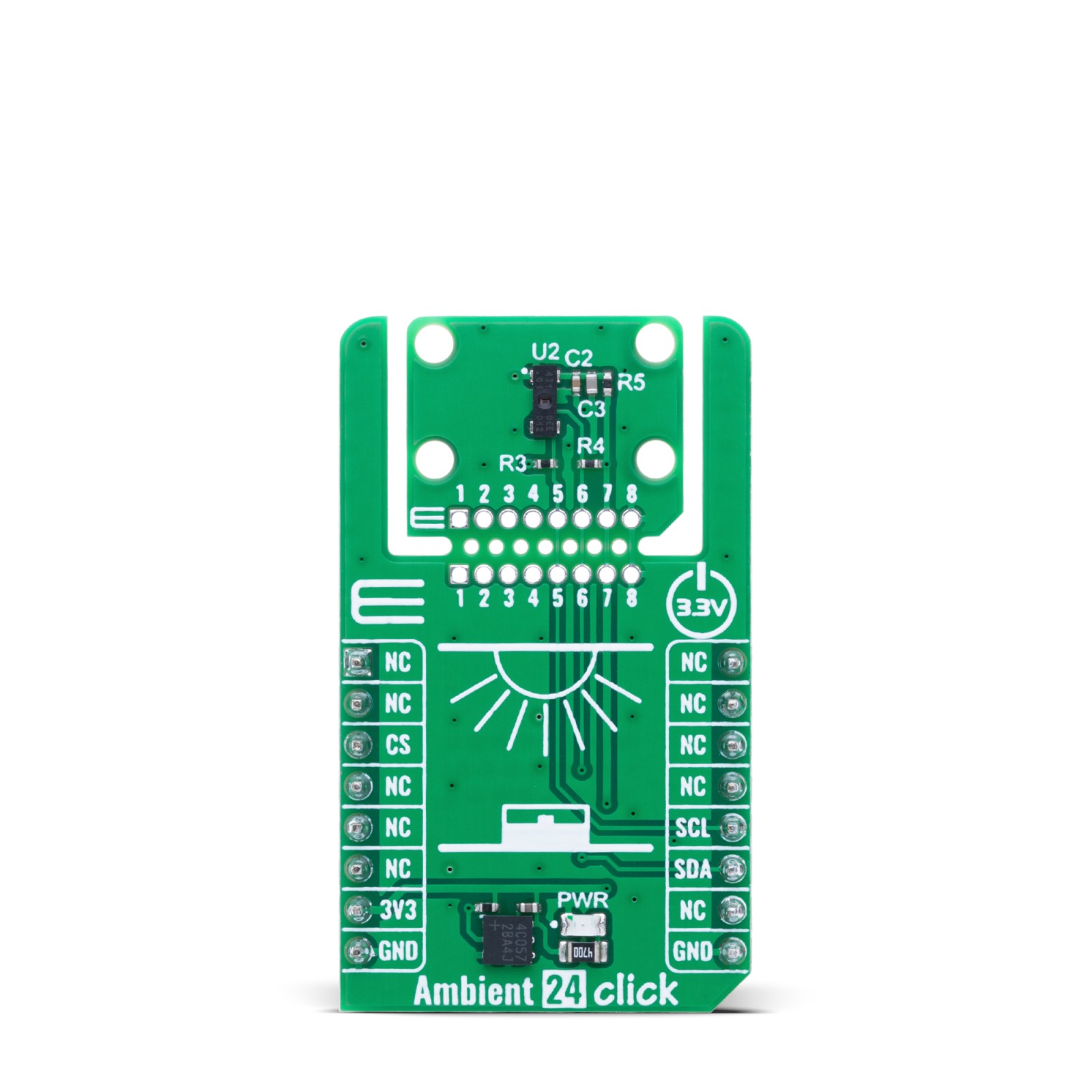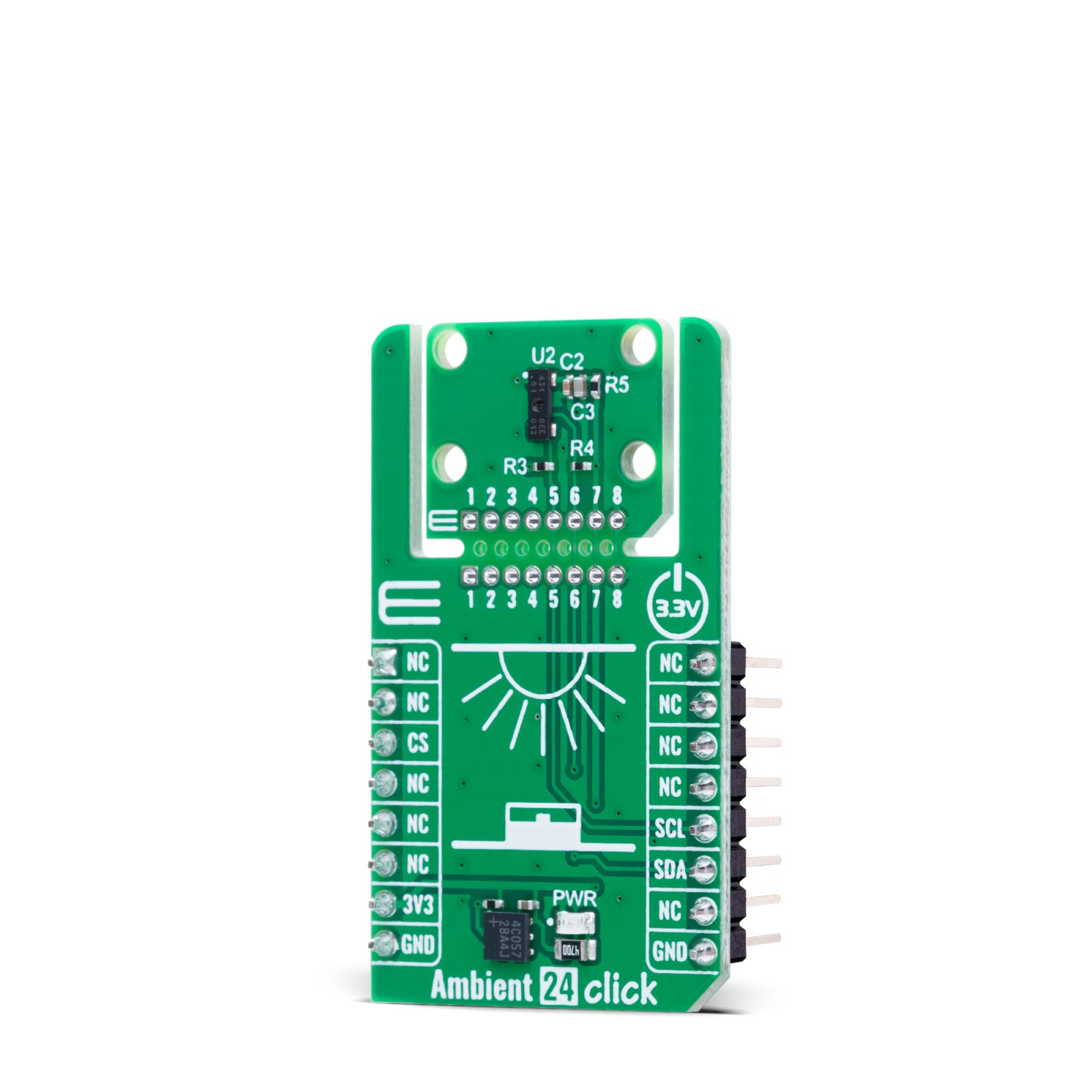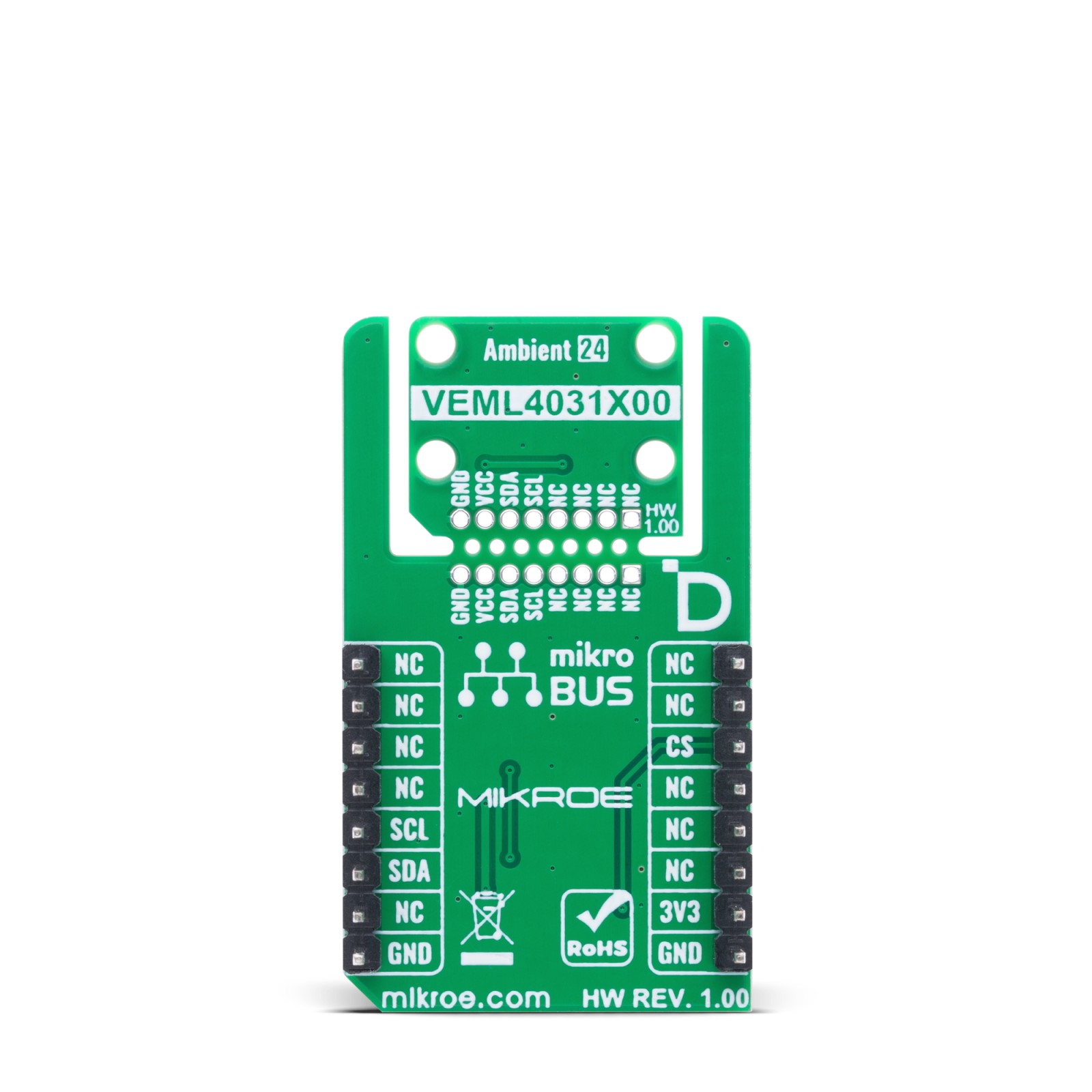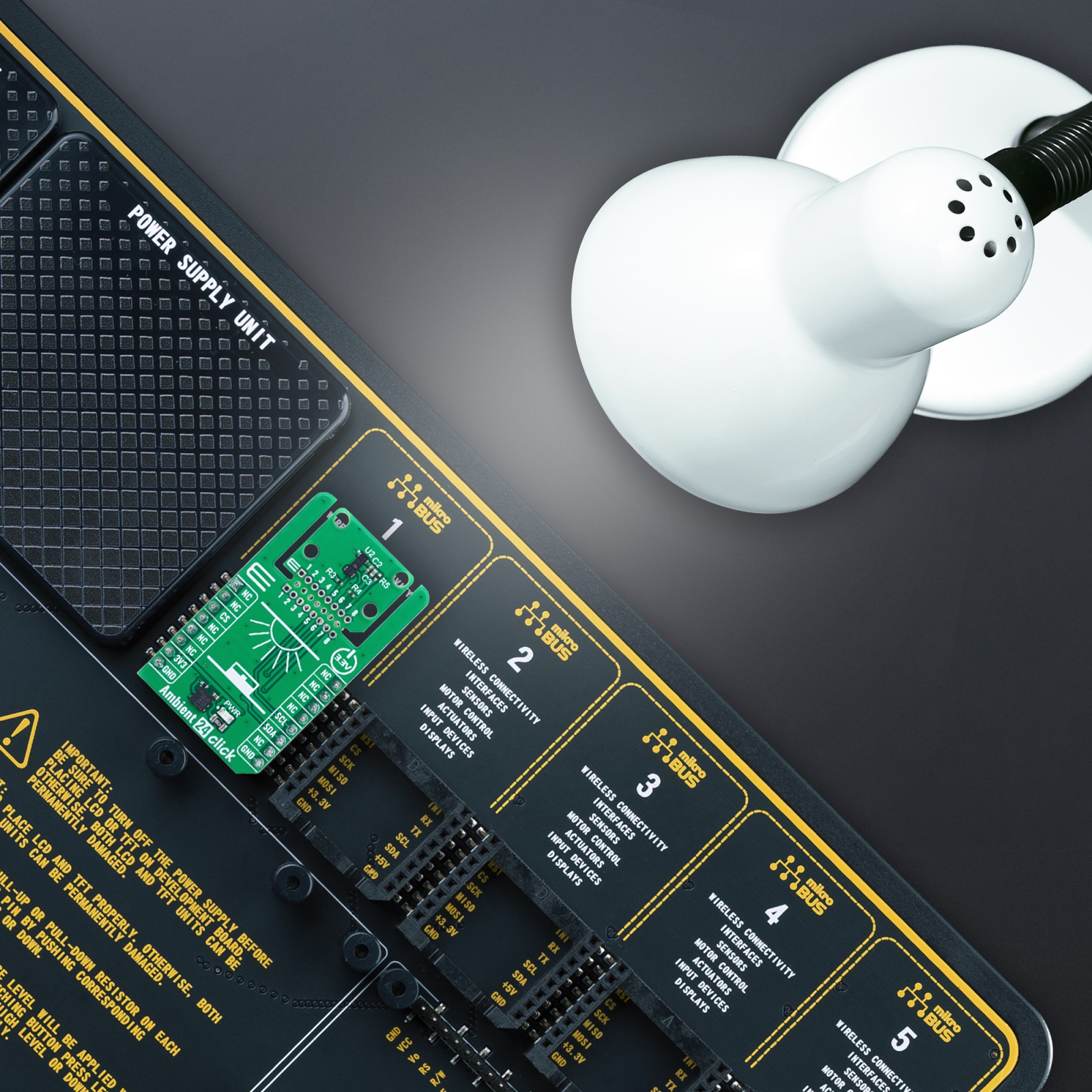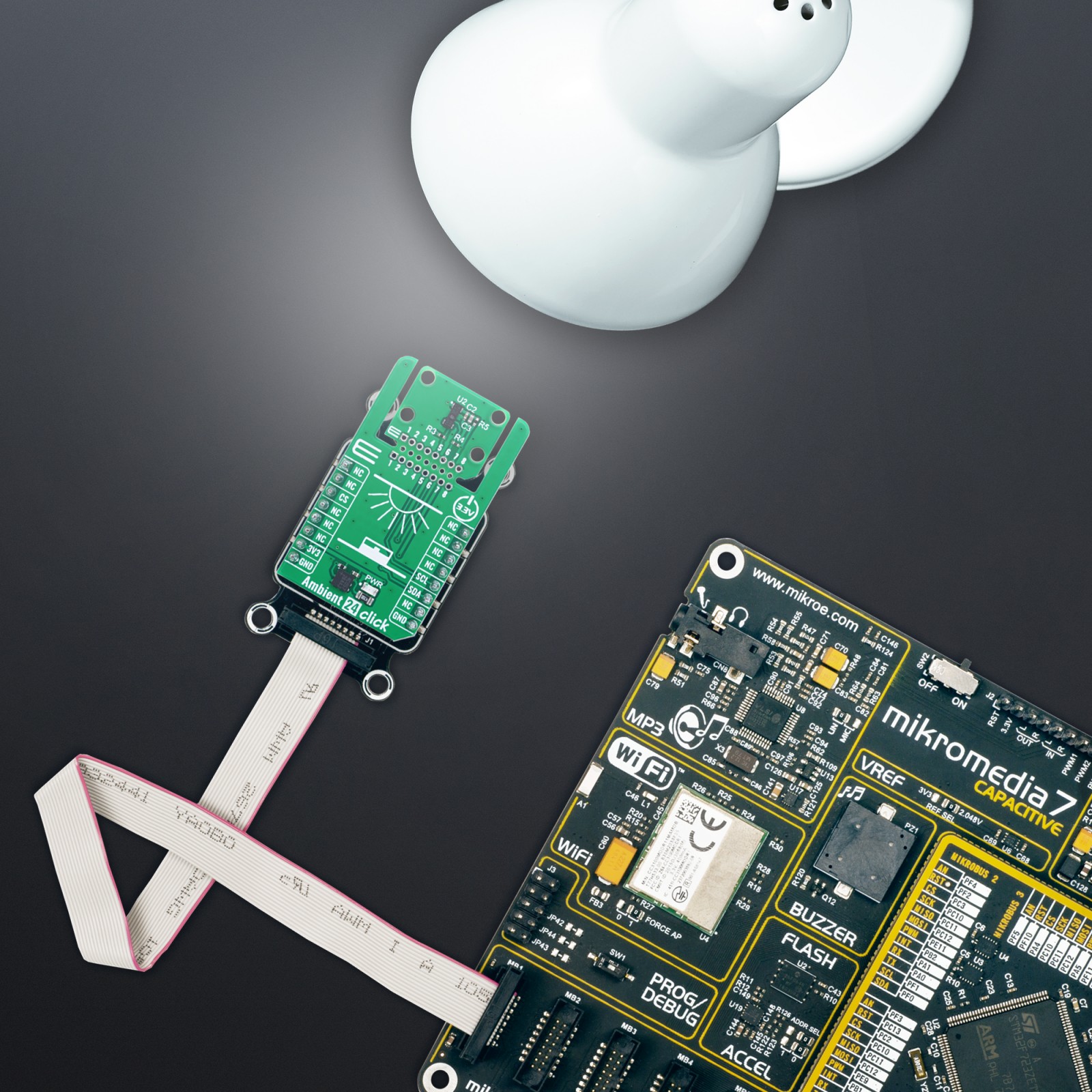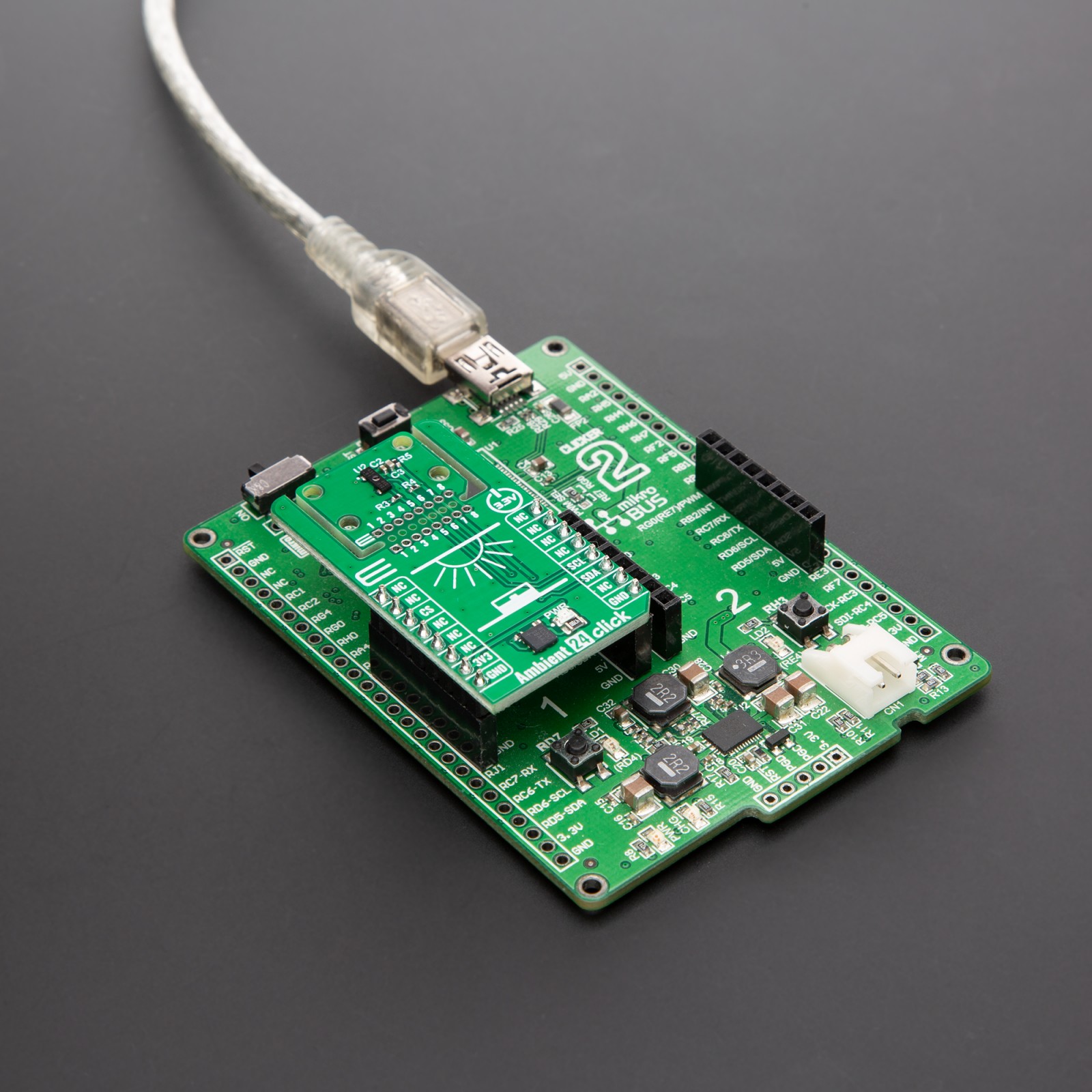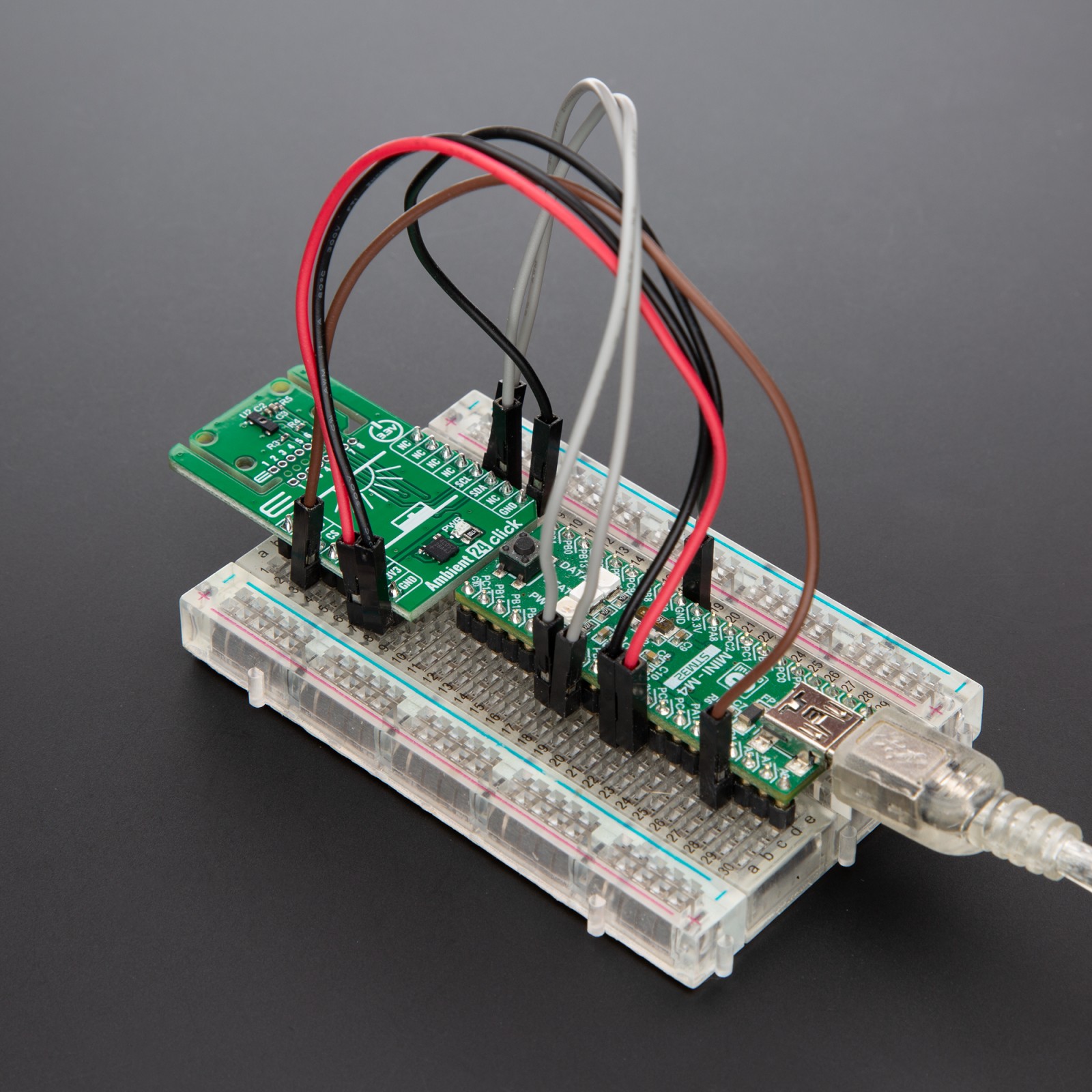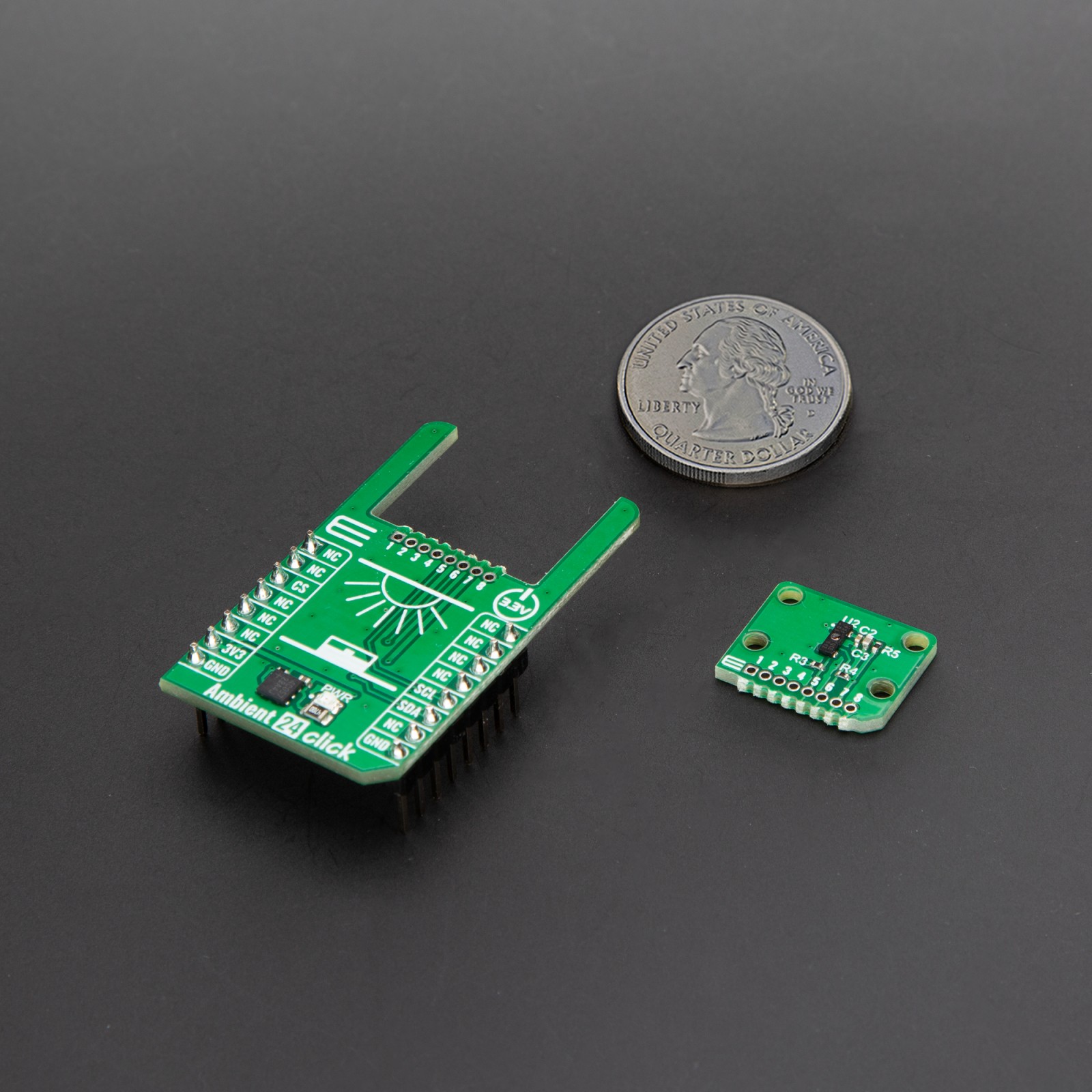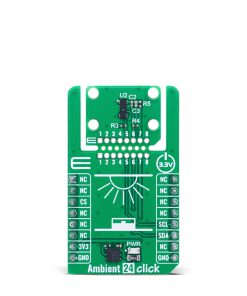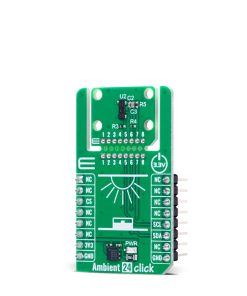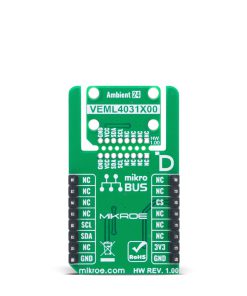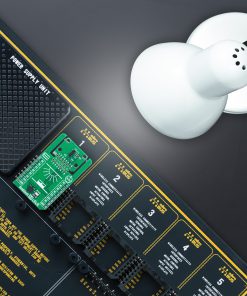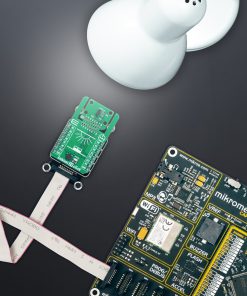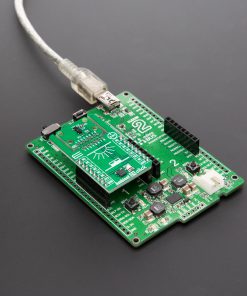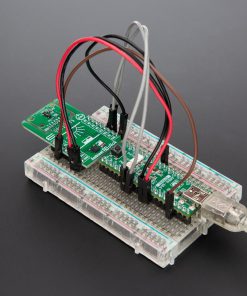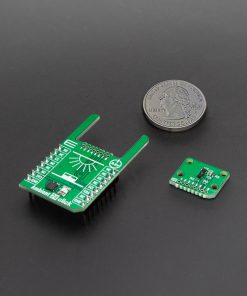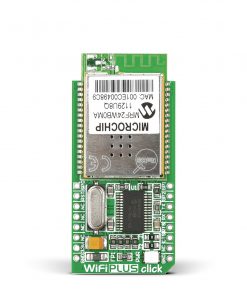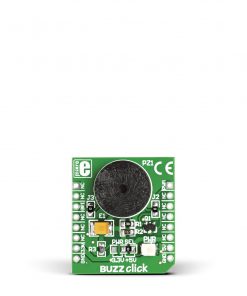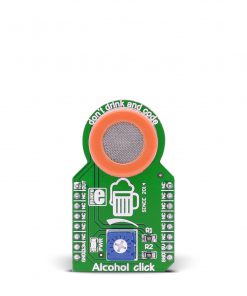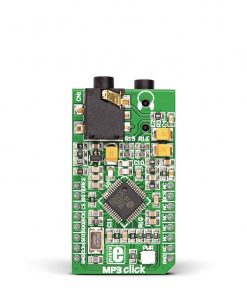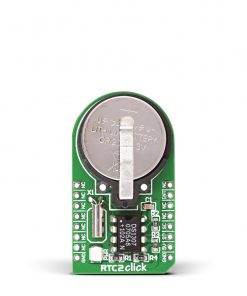-
×
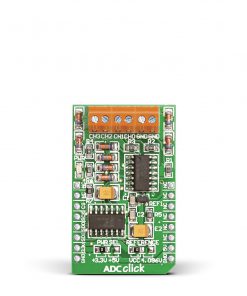 ADC Click
1 × R463.50
ADC Click
1 × R463.50 -
×
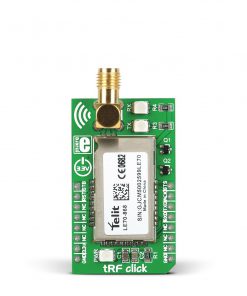 tRF Click
2 × R900.00
tRF Click
2 × R900.00 -
×
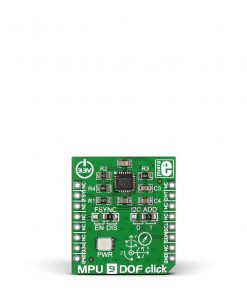 MPU 9DOF Click
2 × R525.00
MPU 9DOF Click
2 × R525.00 -
×
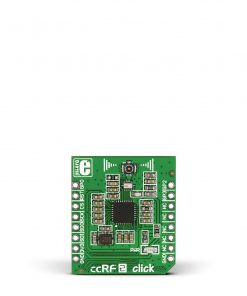 ccRF2 Click
1 × R688.50
ccRF2 Click
1 × R688.50 -
×
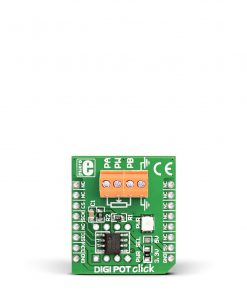 DIGI POT Click
3 × R319.50
DIGI POT Click
3 × R319.50 -
×
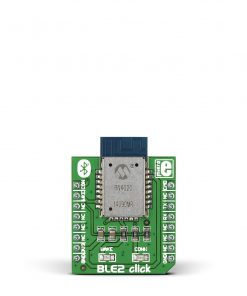 BLE2 Click
1 × R576.00
BLE2 Click
1 × R576.00 -
×
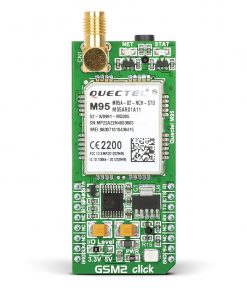 GSM2 Click
1 × R828.00
GSM2 Click
1 × R828.00 -
×
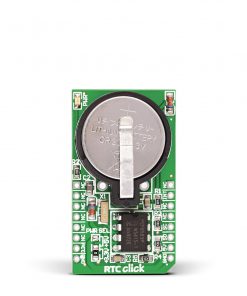 RTC Click
1 × R337.50
RTC Click
1 × R337.50 -
×
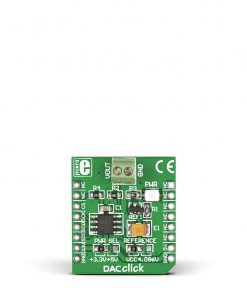 DAC Click
2 × R351.00
DAC Click
2 × R351.00 -
×
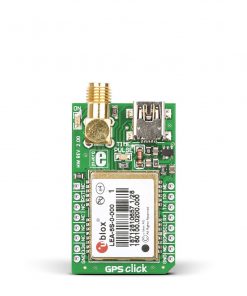 GPS Click
3 × R900.00
GPS Click
3 × R900.00 -
×
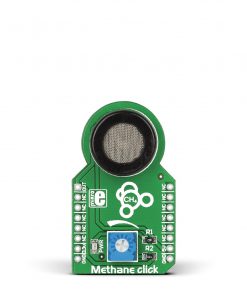 METHANE Click
1 × R288.00
METHANE Click
1 × R288.00 -
×
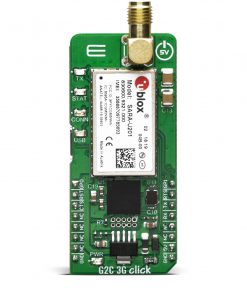 Go to Cloud (G2C) 3G Click
1 × R1,440.00
Go to Cloud (G2C) 3G Click
1 × R1,440.00 -
×
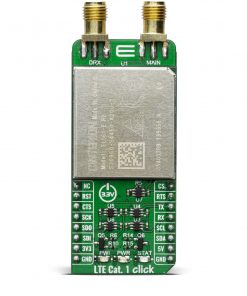 LTE Cat.1-EU Click (for Europe)
1 × R2,160.00
LTE Cat.1-EU Click (for Europe)
1 × R2,160.00 -
×
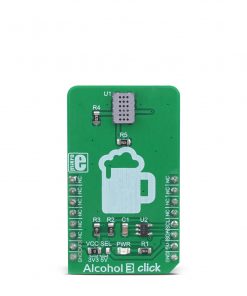 Alcohol 3 Click
1 × R607.50
Alcohol 3 Click
1 × R607.50 -
×
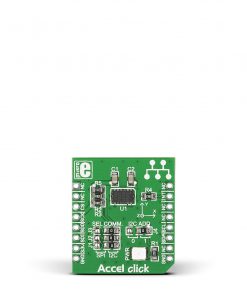 Accel Click
2 × R306.00
Accel Click
2 × R306.00 -
×
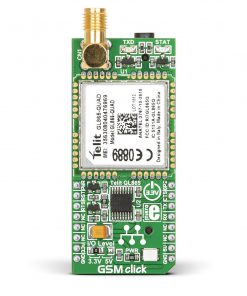 GSM Click
2 × R900.00
GSM Click
2 × R900.00 -
×
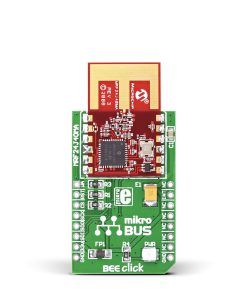 BEE Click
1 × R688.50
BEE Click
1 × R688.50 -
×
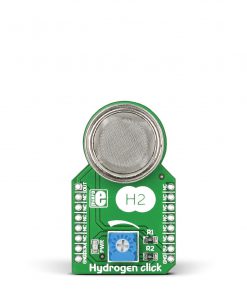 HYDROGEN Click
2 × R288.00
HYDROGEN Click
2 × R288.00 -
×
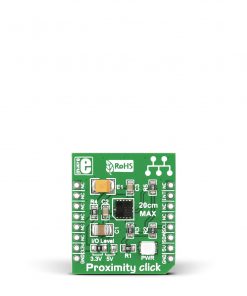 Proximity Click
1 × R210.00
Proximity Click
1 × R210.00
Subtotal: R18,486.00

